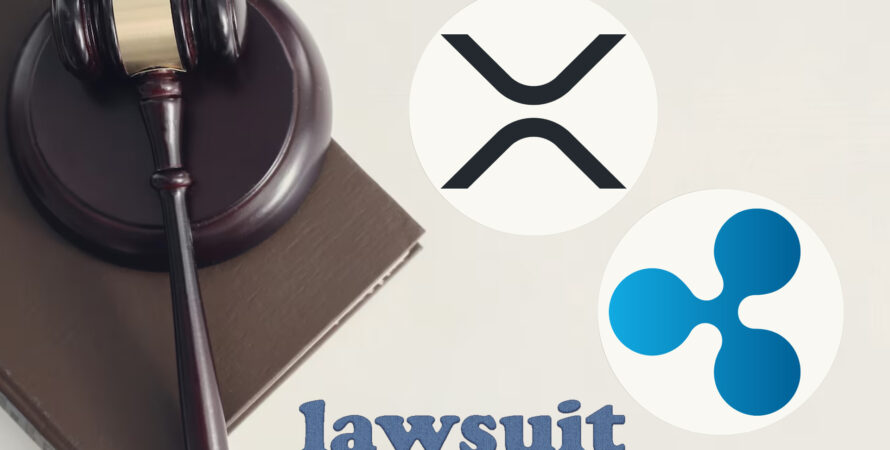- Currently, there are 150 active validators on the ledger, which include universities, exchanges, businesses and individuals.
- The SEC filed the lawsuit against the crypto platform in 2020.
XRP is the native token of the Ripple network, which allows users to freely transact on the network. XRPL is a distributed open source ledger, which means that anyone can connect their computer to a peer-to-peer network that manages the ledger.
It is the backbone of the whole XRP system. It uses the consensus protocol, in which the validators come in order and the result of this is that XRP performs transactions every 3-5 seconds.
All validators follow the same rule and if the transaction satisfying the rule, validator approves it right away. To guarantee integrity, there is strong cryptography and all transactions are public too.
Anyone can operate a validator; currently, there are 150 active validators on the ledger, which include universities, exchanges, businesses and individuals. XRP constantly tries to improve the XRP ledger and ensure that he blockchain becomes more decentralised as the number of validators increases.
Benefits of investing in XRP ledger
Speed and scalability
It is the fastest growing and most scalable blockchain protocol in the world. It can process more transactions per second than Visa and Mastercard per second, it can do 4000 transactions per second. The network is working on increasing its transactions per second by adding new servers around the world.
Security and reliability
Security and reliability are the major factors to consider when choosing any crypto currency. XRP is one of the safest crypto currencies because of its advanced encryption technique, which protects it from attacks and unauthorised access.
The throughput of the XRP network is so fast that it can execute many transactions at a time and settle them down within 3-5 seconds. That’s why many banks trust the XRP ledger, where they can perform huge volumes of transactions without bogging down or slowing down.
Cost efficiency
XRP ledger’s low transaction fees and cost savings make it the perfect choice for businesses to adopt XRP ledger while not compromising the security of their users. The XRP ledger allows users to transfer money anywhere in the world with minimal remittance costs instead of using fiat currency.
Additionally, there are no miners on the network, which also saves users’ money on sending and receiving funds from another party.
Decentralised
It is an open source blockchain platform, which means no one controls it and if there is any change in the protocol, it is done by voting.
Interoperability
It allows users to make inter blockchain transactions and to send or receive funds from multiple platforms; it doesn’t limit users from making payments or receiving funds from other users on other platforms.
Ripple lawsuit
The SEC filed the lawsuit against the crypto platform in 2020, alleging that it had failed to register its security. This incident affected XRP prices by 70%, before 2022, XRP was the hottest digital asset to invest in. The final verdict in the case is still pending.
Conclusion
XRP offers compelling advantages with its speed, scalability, security, cost-efficiency, and interoperability. Its decentralization and growing validator network add to its appeal. However, the ongoing Ripple lawsuit has brought regulatory uncertainties, impacting XRP’s price and investment sentiment. Investors should cautiously monitor the outcome of the case before making investment decisions.




